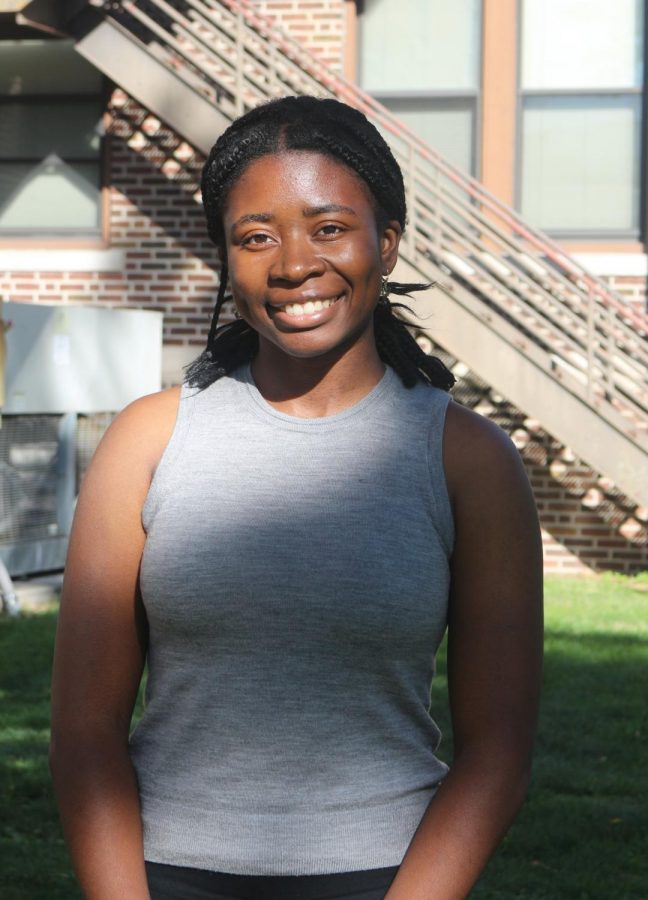On the Same Paige: Sexplainations and Other Equity Tips
Paige Olowu `22 is offering advice about well-being on-and off-campus.
September 26, 2022
What’s On the Same Paige?
On the Same Paige: Sexplanations and Other Equity Tips is an anonymous Q&A column centering around all things related to sex, gender and healthy relationships. This column serves as an educational resource aimed at increasing access to information, normalizing healthy behaviors and promoting a culture of sexual respect on campus. All questions will be answered by Post Baccalaureate Prevention and Outreach Coordinator Paige Olowu `22 in collaboration with the S&B and the Title IX office.
Who is Paige Olowu?
Hello! I’m Paige, a recent graduate as of this past May. This year I’ll be partnering with Title IX Coordinator Bailey Asberry as the post baccalaureate for prevention and outreach. Much of my work is rooted in student involvement. I hope to act as a bridge to the student body and to help find ways to partner with and encourage students to exercise choice regarding their self, body and sexuality. After attending Grinnell for four years (and choosing to stick around for another one), I think I understand the campus culture in ways that other staff, faculty and administrators cannot. At Grinnell, there is an expectation that all members of the college community — students, faculty, staff and guests — should be able to pursue their work and education in a safe environment. Increasing access to information and destigmatizing behaviors regarding everyday consent, sober sex and healthy relationships will help make this expectation a reality.
“We’re almost two months into the semester, where’s my relationship?”
It’s okay to feel lonely or that you’re missing out on a “fundamental” part of the college experience. More people feel that way than you would think. There’s a common misconception that the term “relationship” is romantic and sexual in nature when in truth, any ongoing interaction we have with another person constitutes a relationship. A nonsexual friendship is a relationship, your connection to your culture is a relationship, even your affinity to the College is a relationship! There are many different ways to engage in a relationship.
We’re often given the impression that being in a relationship (of any nature) is better than not being in one. However, initiating a relationship purely for the sake of being in a relationship is a good way to ensure one or more parties will feel dissatisfied or unfulfilled. A good connection is worth waiting for, and in the meantime, look around you! Friends, family, pets, professors, coworkers, even the person who took your order at the Grill last week has an ongoing relationship with you. Relationships are individual and something we choose to actively create and build.
“A hook-up asked me if I’d been tested recently, should I be offended?”
Nope, not at all! It may seem like an invasive and personal question, but it’s actually a purposeful (and hopefully well-intended) application of safe sex. STIs can happen to anyone. According to the Center for Disease Control, at least one in every four people will contract an STI in their lifetime, with rates increasing for college-aged individuals. Some of the most prevalent barriers to safe sex are assumptions. Taking offense or believing that the question of sexual history was asked due to a lack of trust is contrary to consenting safe sex practices. For many people, an STI could be present without a person even knowing it’s there. Becoming informed of STIs and sexual health history is just one way of caring for each other. Take advantage of the College’s testing week (make a date of it) and get tested with a partner! Practicing safe sex can be a fun and sexy tool to strengthen your relationships — or go by yourself and enjoy the free ice cream.


















































